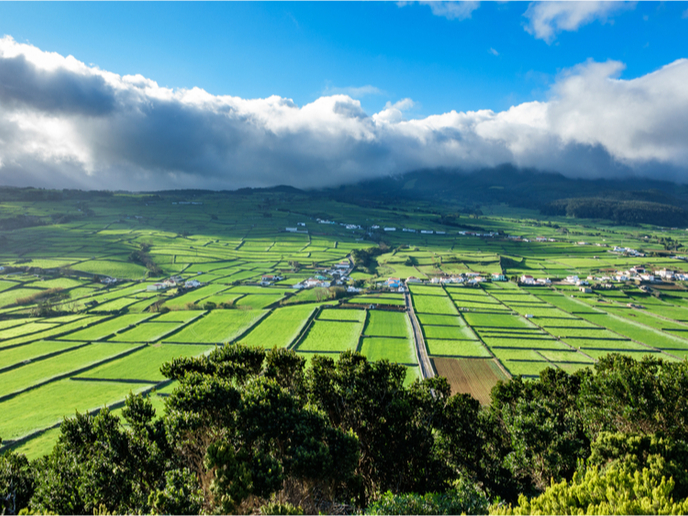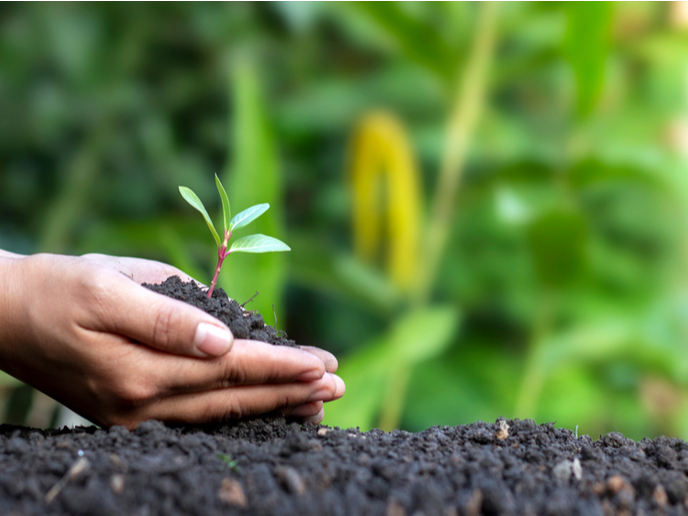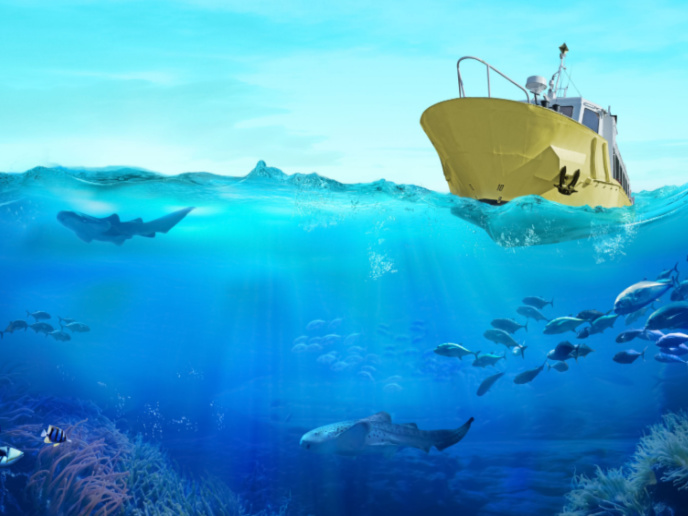Helping rural businesses square the circular economy
Rural entrepreneurs often face a double disconnect – from large markets, and also from other local actors. Closing these gaps can enable them to access new markets while giving a boost to the circular economy. The EU-funded LIVERUR (Living Lab research concept in Rural Areas) project helps rural actors create the right connections by providing them with a range of concrete tools for making their business more sustainable. These tools form part of the innovative Regional Circular Living Lab Business Model Concept (RAIN), which is currently being implemented in 13 pilot regions across Europe. The regions set up ‘living labs’, where users, including scientists and practitioners, connect in real-life settings to identify innovative solutions to challenges through co-creation.
Diverse challenges
“LIVERUR involves regions facing diverse challenges, such as island and mountain communities, with activities ranging from agritourism and artisanal food production to traditional handicraft. They cover different languages, cultures and traditions, but all share the same goal of protecting and improving their way of life in a rural environment,” says Pablo Cano, director of the International Project Office of the Catholic University San Antonio of Murcia, and LIVERUR coordinator. The RAIN concept helps them design sustainable and innovative business models adapted to their individual challenges. “This has been of particular importance in the context of the pandemic, which has pushed rural entrepreneurs to look for innovative solutions,” Cano notes. The project has highlighted the importance of creating new connections: “Many actors within the LIVERUR pilot regions are physically close, but they are not collaborating outside of their traditional business activities or supplier networks,” he explains. LIVERUR helps to close these gaps by involving local actors in the co-creation of solutions.
A new organic dairy strategy
How does this work in practice? Take the example of Terceira Island in the Azores, Portugal, one of the pilot regions. Accounting for 30 % of national milk production, dairy farming plays a key role in the Azores’ local economy. At the same time, the region faces challenges including vulnerability to climate change and the low use of technology. The pilot living lab, which involves a wide range of partners coordinated by the local TERINOV Science and Technology Park, aims to increase the quality and sustainability of the local milk supply chain. BioAzórica, an organic dairy cooperative and project partner, used the RAIN tools to map strengths and challenges and define activities addressing them. The partners are now working towards the launch of an organic dairy production pilot which will propose a new business model for organic dairy production and cover all technological aspects of the process, as part of a regional strategy to boost organic farming.
An online community
To enable interested parties to join or create their own living labs, an online platform has been set up. The RAIN Platform will enable them to connect with each other, access the toolbox and receive support to develop solutions adapted to their specific needs. “We hope to establish a wider community of rural entrepreneurs and also to get them closer to the policymakers,” Cano concludes. The RAIN Platform will continue to be a truly valuable tool for rural entrepreneurs and companies after the LIVERUR project officially concludes in 2021.
Keywords
LIVERUR, remote areas, RAIN platform, circular economy, living lab, rural entrepreneur, business model, toolbox







